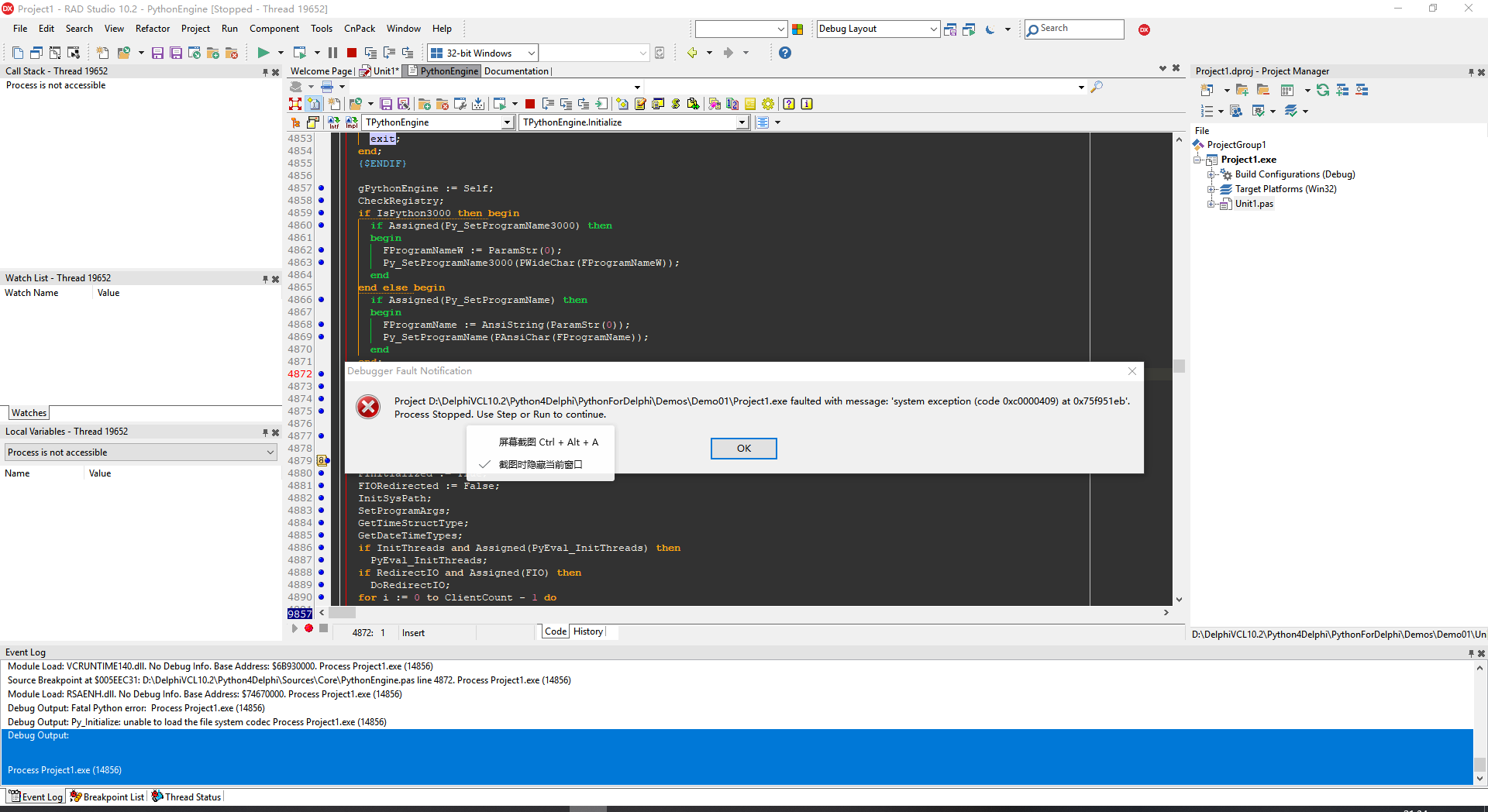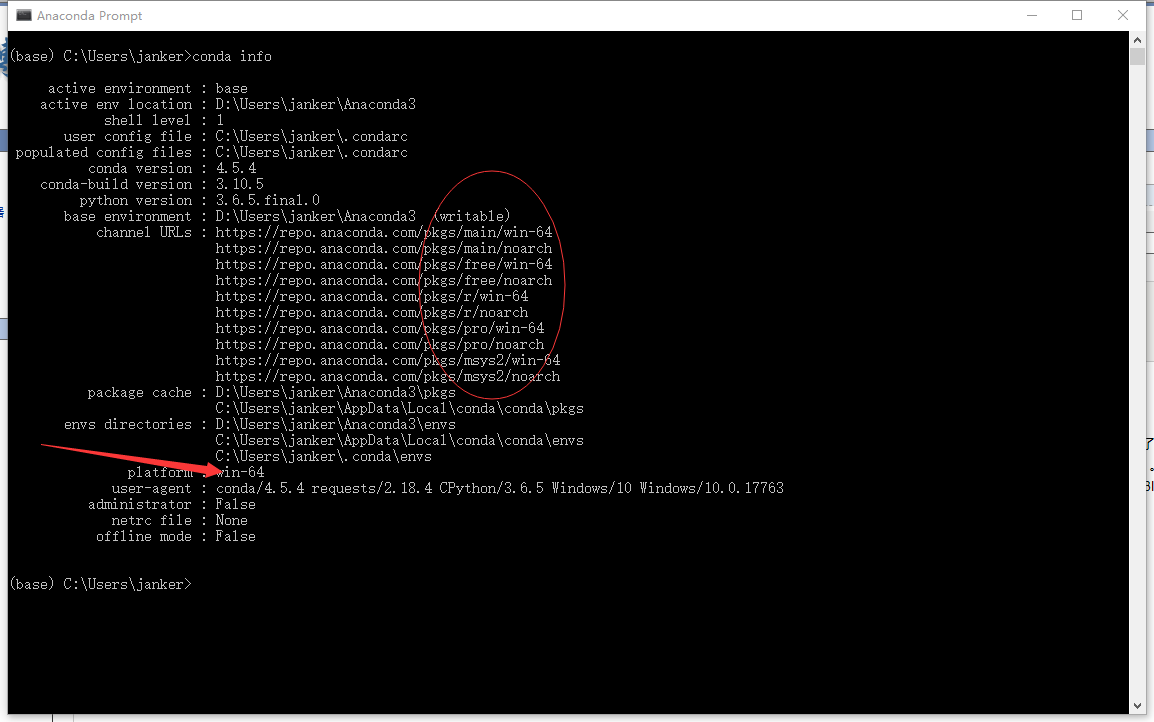
The entire system can be installed and/or started on Application startup. The introduction of the PythonEnvironments package and its sibling projects, however, remove many of the perceived shortcomings of Python4Delphi by allowing the deployment of a fully-fledged Embedded Python Environment along with PIP and Conda plus a growing selection of pre-packaged components via the Lightweight Python Wrappers package. P4D is, however, rather cumbersome to use and dependent on the user having a pre-installed Python Environment which somewhat detracts from the desire to use Python from Delphi. The ability to at least control Python from Delphi has existed for many years via the Python4Delphi (P4D) project. An embedded Python system is then built and populated with any packages you need the first time the application runs. With Delphi and the P4D components, you can add a pretty interface (it can even just issue command lines to your Python if you want) that is provided as one file. However you decide to control your Python application if you plan on distributing your project for the use of others then the end user will, by necessity, need to install Python and a load of PIP/Conda packages just to get it working (there are exe compilers of course). While the Python layer is involved its perceived lack of speed is irrelevant as Python is merely allowing access to a fast C/C++ library so the overhead is minimal.įor Python developers, the main interface to your code is usually command-line in nature unless you use Tkinter, PyQT, or some other GUI library. As most Machine Learning libraries are written in C/C++ and then exposed for use via Python wrappers the ability to ‘talk Python’ from Delphi instantly opens up a huge range of highly advanced libraries to which you have zero native access.

There is, however, something tangible to be gained for developers of either preference.įor Delphi developers, the ability to add AI facilities to their projects is the most obvious benefit. To Python developers, the idea of any other language may seem pointless.

To Delphi developers, the mere mention of Python will most likely immediately make them want to come up with a way to re-write the Python bit in Delphi.

It may not be obvious why you’d want to do this in the first place. The recent release of a suite of Delphi components allows you to Embed a full Python Environment in a Delphi Application.

Detailed P4D – Data Sciences Installation Instructions


 0 kommentar(er)
0 kommentar(er)
